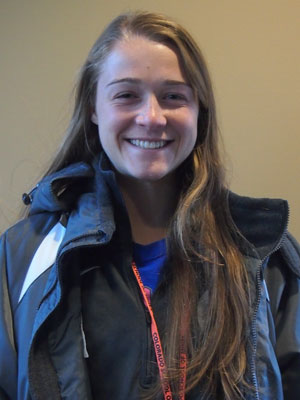Golfweek Division II Fall Invitational proves to be difficult for Orediggers
The top-ranked Colorado School of Mines golf team had a rough time at the Golfweek Division II Fall Invitational in Oregon this week, finishing the tournament 11th out of 15 competing schools and 53 strokes behind champion California State-Monterey Bay. Senior Kyle Grassel was the Orediggers’ highest finisher, ending up tied for 26th and 16 shots behind winner Brandon Hortt of CSU-Monterey Bay.

